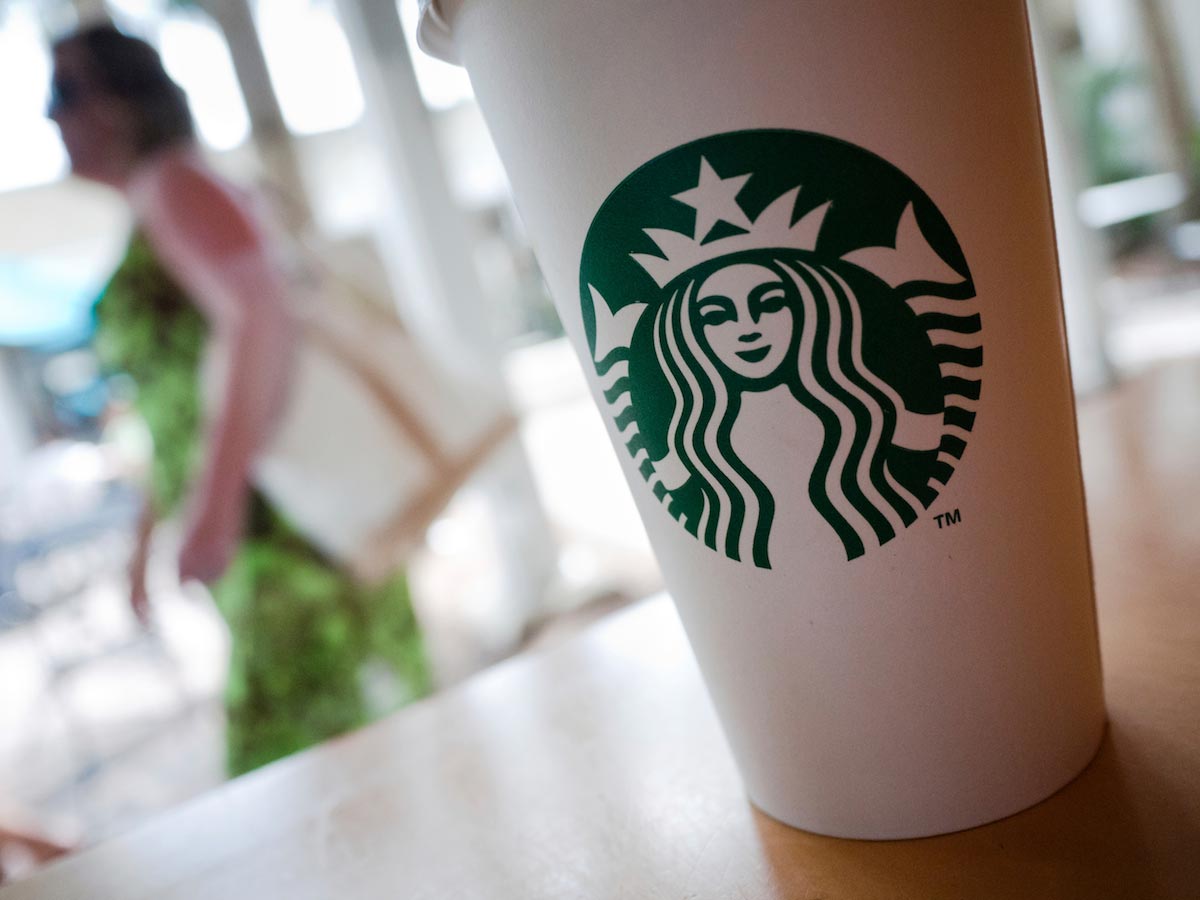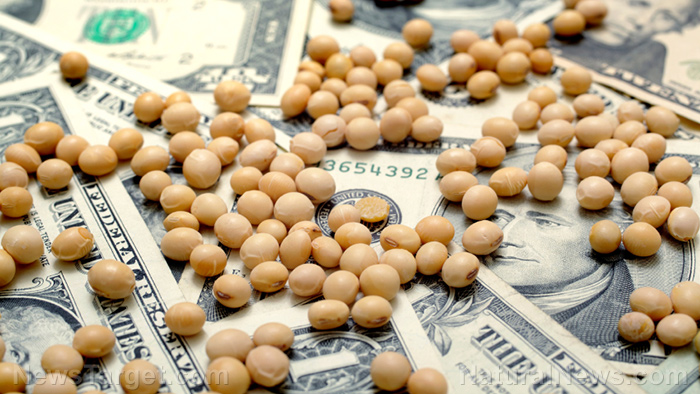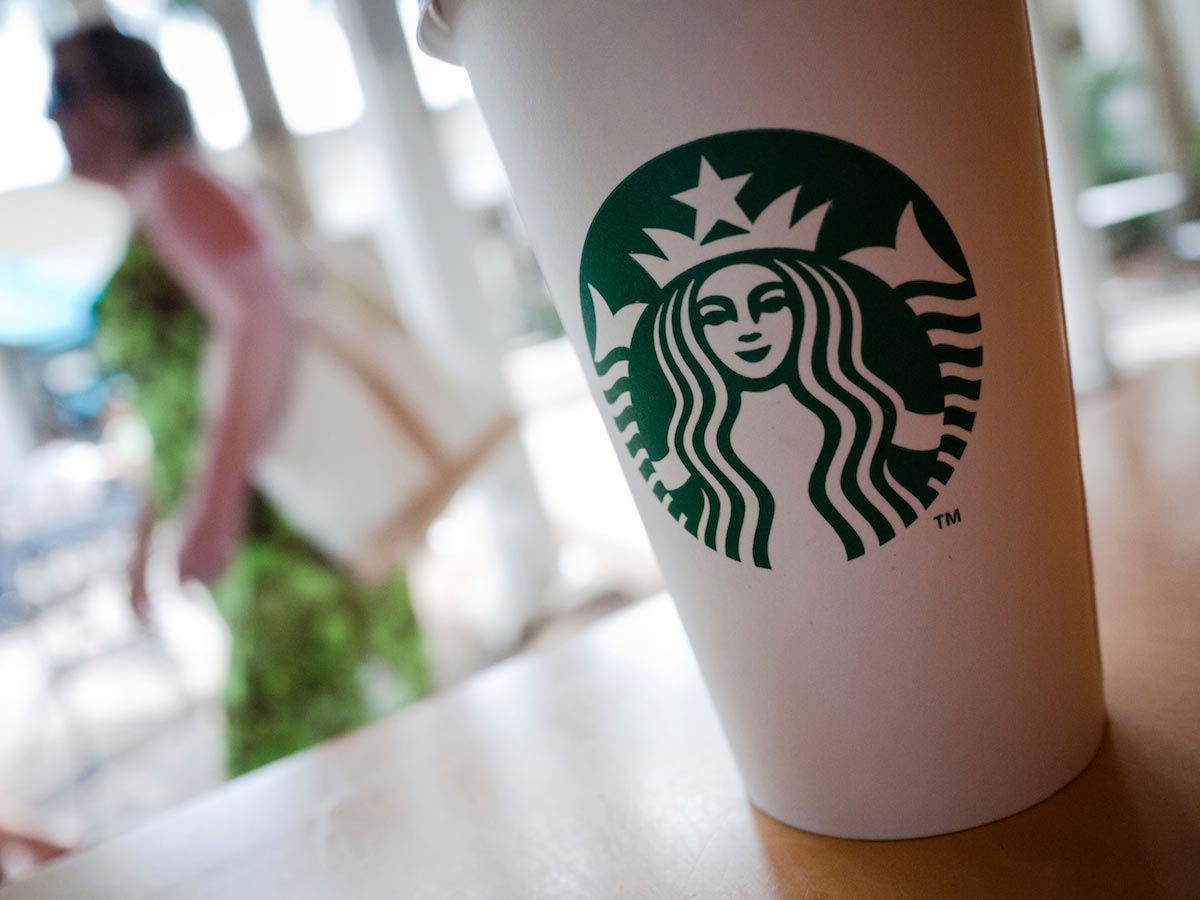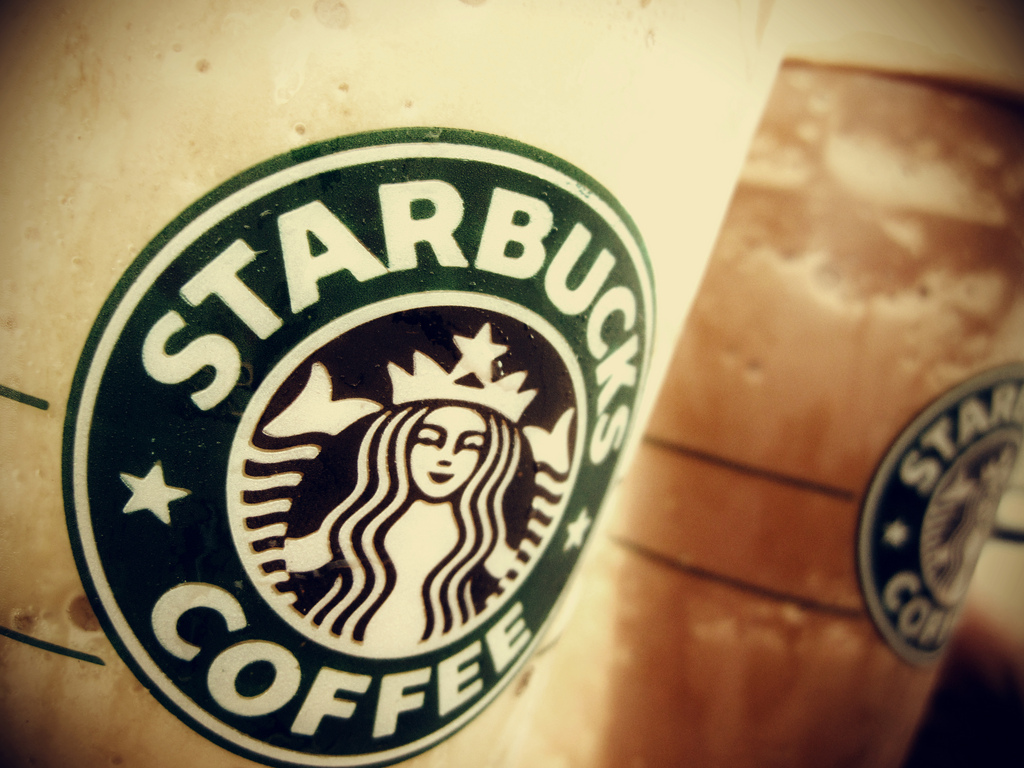Fecal bacteria found in Starbucks drinks, says report
06/30/2017 / By Isabelle Z.
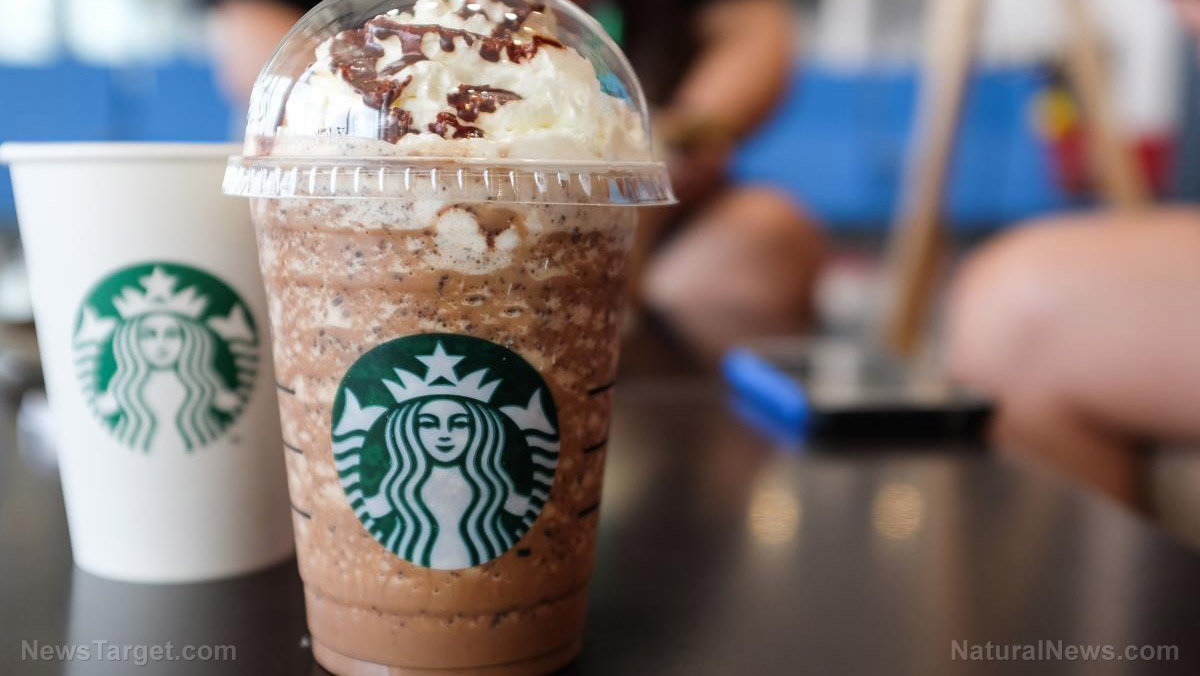
If the massive amount of sugar found in most Starbucks beverages hasn’t managed to deter you from going there, the prospect of another unwelcome ingredient found in the coffee chain’s beverages should be enough to send you running in the opposite direction: Fecal bacteria.
That’s right, you could be getting a lot more than you bargained for the next time you order an iced coffee at chains like Starbucks after an eye-opening investigation from the BBC found that 30 percent of the samples of iced drinks taken from Starbucks tested positive for what is known as “fecal coliforms.” The same was true of Caffe Nero, while the UK chain Costa Coffee had fecal bacteria in 70 percent of the samples tested.
In addition to studying the ice at these chains, the researchers also took a look at just how clean the trays, tables and high chairs were in 30 different branches. Their findings were the focus of a recent episode of the BBC’s Watchdog program.
According to Tony Lewis, Head of Health Policy at the Chartered Institute of Environmental, the levels and type of bacteria found are a cause for concern. He called them “the source of human disease” and said, “These should not be present at any level — never mind the significant numbers found.”
Would you like some diarrhea with your coffee?
Fecal bacteria can cause diarrhea when ingested, and large quantities of it can lead to flu-like symptoms that include abdominal cramps, bloating and fever. One microbiologist says it could signal the presence of more troubling germs. He told Business Insider that it suggests workers are handling food with dirty hands, which could also mean germs like Salmonella, Hepatitis A, and Norovirus could be present.
Microbiologist Margarita Gomez Escalada said that the ice was likely contaminated after being touched with dirty hands, but failing to properly clean the ice machines and ice buckets could have also contributed to the problem. She added that it was possible there were other pathogens in the samples that were not tested for.
Starbucks told the BBC that it would be investigating the claims and said they take hygiene at their locations very seriously.
Regardless of what their investigation uncovers, it’s a good idea to steer clear of Starbucks if you value your health because their beverages contain unforgivable amounts of sugar. For example, their Venti Cinnamon Roll Frappuccino contains 102 grams of sugar, which is equal to around 30 cubes of sugar. That’s more sugar than you should consume in a whole week. Regular consumption of these beverages is the perfect recipe for a huge waistline and type 2 diabetes.
Eating at restaurants is a risky proposition
If you think the fecal bacteria problem is limited to Starbucks, you’re in for a very unpleasant surprise because you’ll find plenty of past headlines about fecal bacteria in restaurants. For example, on one occasion, undercover reporters found ice at a KFC outlet that contained high levels of fecal coliform. It has also been found on airplane tray tables and in bagged salads.
The truth is that every time you head to a restaurant, you are taking a gamble with your health. There are simply too many variables at play that you cannot control. Can you be sure that everyone who handled your food washed their hands adequately after using the restroom? Was the equipment properly sanitized? Do you know where the restaurant sources its ingredients? Could your food contain pesticides, heavy metals and other toxins? Was it cooked long enough and kept at safe temperatures before it was served to you? Eating out might be a fun way to socialize, but it’s hardly surprising when stories like this make the news.
Sources:
Tagged Under: contaminated ice, fecal coliform, Starbucks


